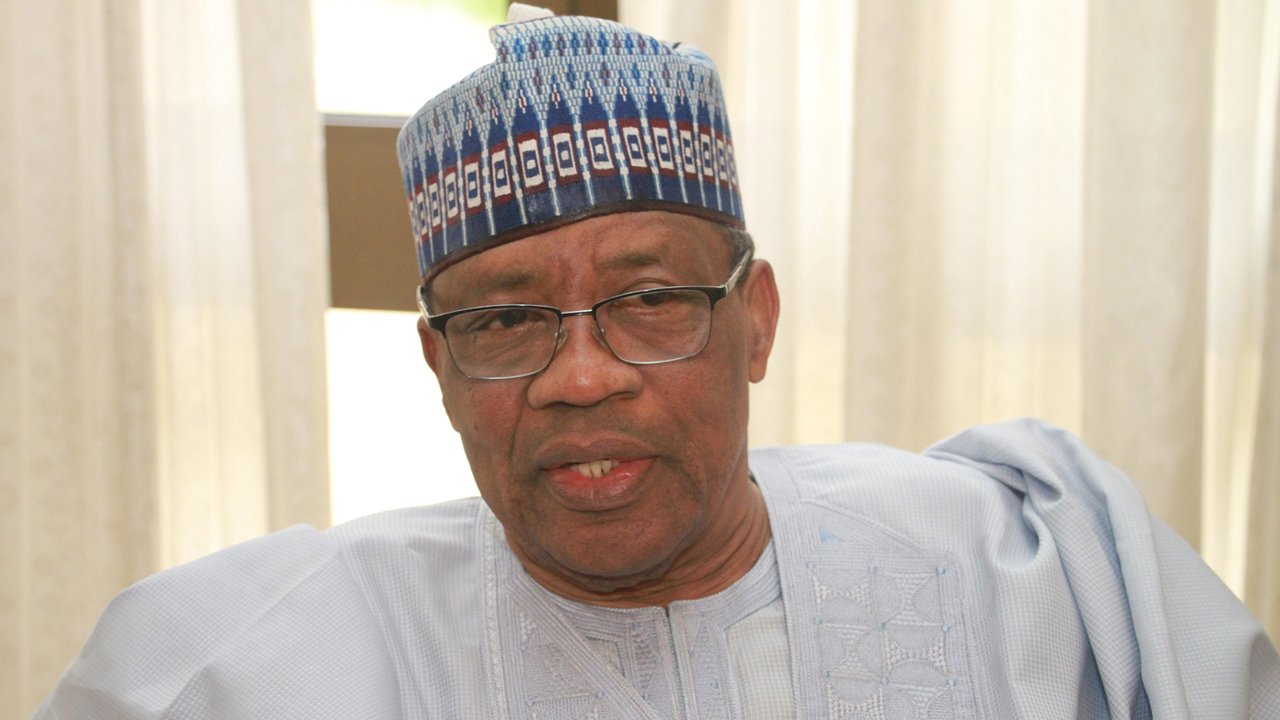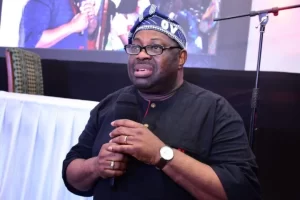Former military President, Gen. Ibrahim Babangida, has attributed Nigeria’s economic struggles to nationwide “profligacy” and “conspicuous consumption” during the oil boom years, arguing that excessive spending undermined long-term development.
In his newly launched autobiography, A Journey of Service, Babangida defended his administration’s handling of the $12.4bn oil windfall, stating that similar practices existed before his tenure. He claimed the funds were monetized and used for infrastructure projects, dismissing allegations of mismanagement.
The book details how oil wealth shaped government policies, fostering corruption and economic instability. Babangida criticized previous administrations for failing to diversify the economy, leading to import dependency and a balance of payment crisis by the mid-1980s. He defended his decision to implement the Structural Adjustment Programme (SAP) instead of taking an International Monetary Fund loan, arguing that reforms were necessary to correct Nigeria’s economic imbalances.
Responding to past allegations of extra-budgetary spending, Babangida maintained that previous governments also allocated foreign exchange earnings directly to major projects, insisting his economic policies were intended to restore Nigeria’s productive capacity.









